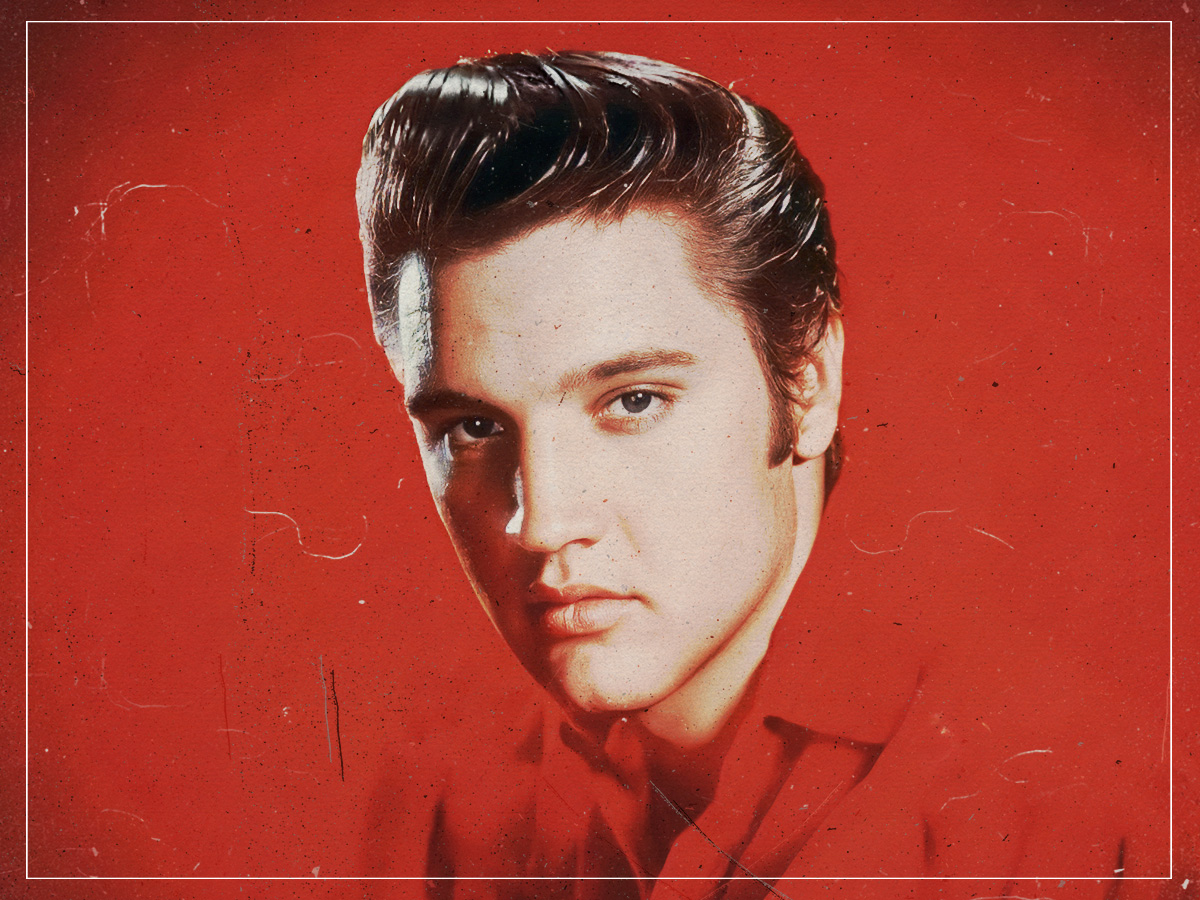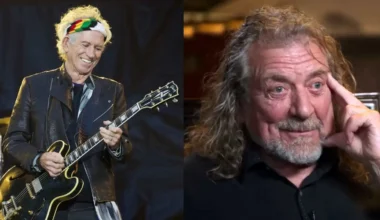Elvis Presley is a cultural phenomenon unlike anything else. No one comes above him. It would be tough to find anyone on this entire planet who didn’t know his name. But weirdly, you probably could find plenty of people who couldn’t sing you one of his songs.
Things like this happen all the time. A celebrity can become a cultural phenomenon, but almost entirely without their actual skill or craft enduring alongside them. Think about someone like Marilyn Monroe. Everyone knows her name and her face, but less and less people could tell you one of her movies or say that they’ve seen one.
Sometimes people get removed from their context. Their fame becomes so high as simply a singular person, a face, a figure, a representation, that what they actually did to achieve that fame falls behind.
Elvis is an example. Sure, most people know a song like ‘Jailhouse Rock’ or ‘Blue Suede Shoes’ or ‘I Can’t Help Falling In Love With You’. But for a man who released 24 albums, something doesn’t add up between his mass public awareness, his icon status and the actual knowledge or respect for his music.
In particular, the deep cuts are long gone. People know the hits, but on each of those albums, greatness has been long lost between the cracks, including the song Presley himself was most proud of.
Because it’s easy to forget that he didn’t just want to be a face. He wanted to be The King and achieve major success, yes, but he wanted to be a serious singer and an actor and be remembered for that. He clearly took pride in his talent and cared deeply about his music, with his love for ‘There’s Always Me’ reflecting that.
Don Robertson, the writer of the track, recalled seeing Presley light up with pride after recording the track. “Just before the recording reached the end, he said to me: ‘Listen to this ending’. He was very proud of his semi-operatic delivery of the title line at the end,” he said, adding, “as well he should have been.”
Perhaps that’s part of the issue. Perhaps Presley’s music falls by the wayside to some degree because he didn’t write it himself. A lot of his biggest tracks have been covered time and time and time again, both before him and after. Maybe there’s an inauthenticity to it that allows people to ignore the material in favour of just remembering the man himself, despite his looming talent.
But this 1967 slow piano ballad is exactly the losses I’m talking about. Listening to it now, it feels like one of his finest vocal moments. His voice is rich, velvety and mature, and Presley’s pride in that final note was well placed as his vocals do come through like a powerful opera singer. But when it wasn’t a hit, and isn’t the kind of track that exactly fits in the set of the world’s Elvis impersonators, it’s one that has been forgotten even as his cultural presence forever looms large.






